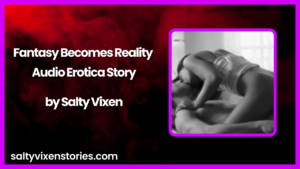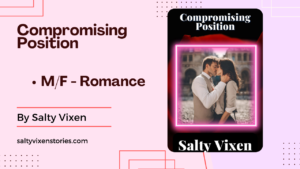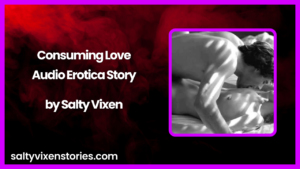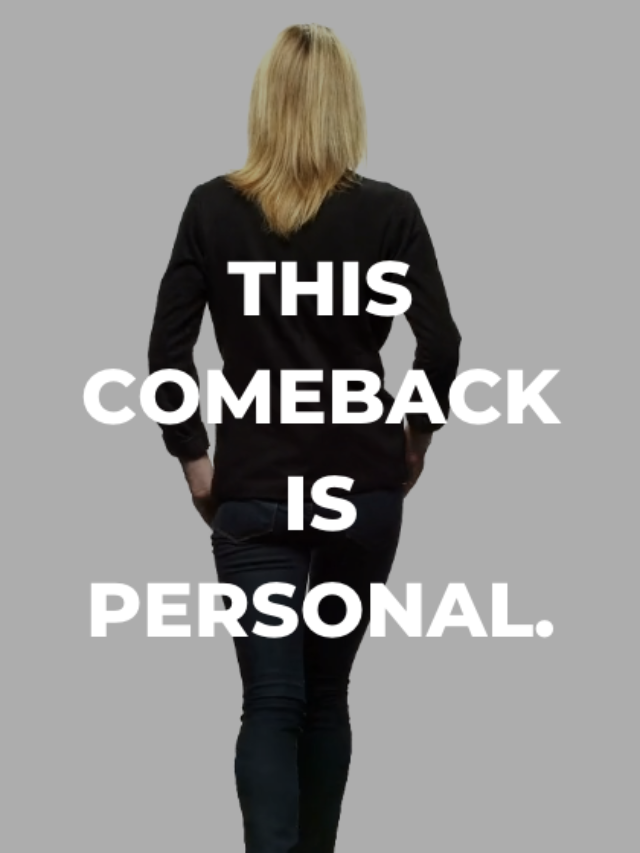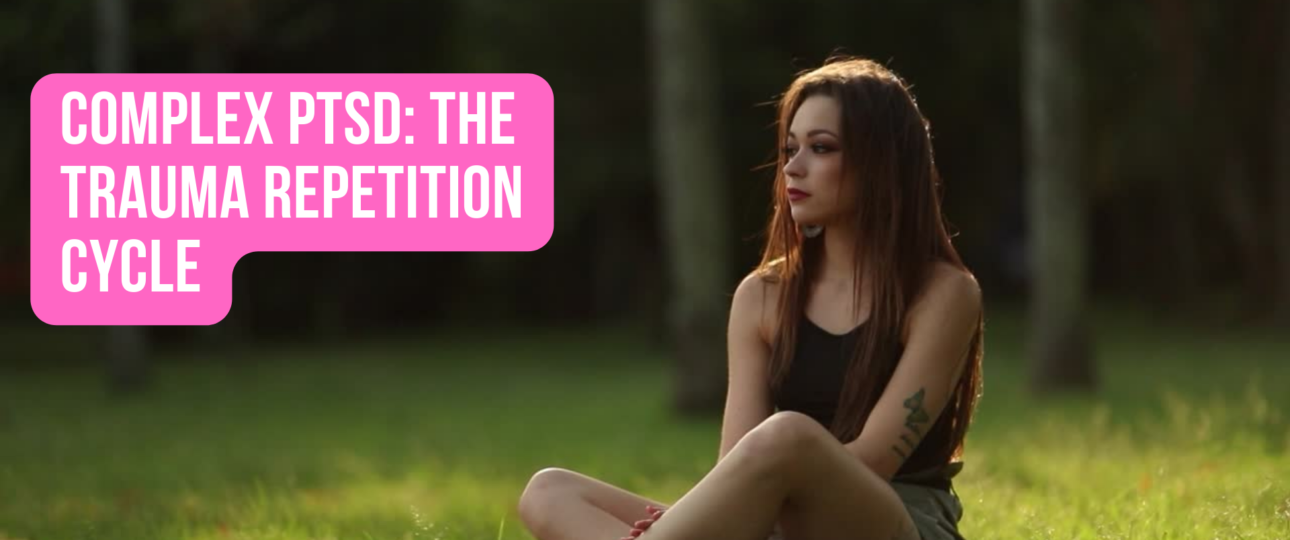Every so often I get , what I call, PTSD of emotions. I have to let it cycle and it drains me, emotionally. Why do I get this? What causes it? The answer is simple. I was a victim of bullying for 12 years but the worst of it was in 8th grade: 93/94 school year. I have centered it down to one person and over the years, there was one thing I wanted from him- acceptance. For him to get to know me, to be my friend.
Those words: Acceptance, to know the victim, to be a friend, are common with survivors of bullying. What that person did in 93/94 school year had long-term affects on my mental health and relationships. For me, all I knew is being abused was normal. Being silenced was normal. When I had the situation happen back in 2017-2020, people have asked why I couldn't say no to him- well, it all goes down to 93/94 school year.
I will summarize it. in 8th grade, I didn't have many friends. My peers would make fun of me but the worst happened the day I had a modeling job. One person, I will call "James" was telling everyone about it, and his girlfriend "Karen", who was insecure, and already making my life hell, decided to add icing on the cake during lunch. She walked over to "Gabriel" and told him why everyone was talking about me- the fact I had a modeling job and he said "oh I will put a stop to this [people bragging about it]".
He walked up to me with his girlfriend and friends and said "So I hear you got a modeling job, for what a dog food commercial? Why would anyone want to work with you? You are ugly" and then he laughed. His girlfriend to him to stop as he was being mean and he said "nobody likes her". He sat down.
The room got silent. People were looking at my direction and all I could look at was James so I wouldn't cry. Karen saw her boyfriend was looking at me and proceeded to tell Gabriel a lie I never said, about his family. I want to note, I didn't know his family apart from his older brother, "Daniel". who I had met when I was in 6th and he was in 8th. Daniel, for the record, was always kind to me.
Gabriel came over to my table once again and asked me if I said it. I said "No" He said " I don't believe you. You are the most hated person in this school". After that I ran to the payphone, I wanted to go home and end my life. I had enough of bullying and James finally came over. Karen said "don't you dare go to her. She isn't worth it".
James took the payphone from my hand and hung it up and said "life is worth it". James saved my life that day. You would think that Gabriel would have stopped, nope, he took it further.
Spanish class was after lunch. I walked in and sat no the row closest to the door. Gabe walked in and said to the class "Nobody sit next to Salty Vixen. She is the worst human being on this planet." I was crying uncontrollably and he didn't care. What did I do to him? Nothing.
In band, he made sure during chair challenges for people to vote for the other, and I was the better player. Mr. Hawkins said later to me "Chair challenges are a popularity contest. You can challenge later" I tried and teacher denied.
My modeling job? It was a window modeling job for a shop called 5*7*9. He brought his brother, I will call him "George" , who came to my window, gave me the middle finger and said "fuck you". They went to my boss and told them "She is awful, she needs to be fired"
At school, Gabriel pushed me against the lockers. Told me not to walk in the same hallway as he and George are. They made 2 poster boards "Die, Salty Vixen, Die"
I confronted Gabriel years later and he told me to stop dwelling, I am crazy. We were friends on facebook then and he unfriended me. He didn't know the long term effects bullying does on a person. In high school, my self esteem was gone because of Gabriel and Karen (and several other peers, but most of the trauma, the source of it, lingering memories is from Gabriel). I didn't date, nobody asked me. I had a crush on Daniel and because he was the first person to be nice to me in 6th grade and saved me from being raped (he didn't know it, but yes it nearly happened. he happened to be walking by and told the 8th grader to leave me alone. he then took out his hand and gave me a tour of the middle school, taught me percussion and showed me my locker combination. Told me to talk to him if anyone bothers me.
high school, different group of peers bullied me in band and I would talk to Daniel about it and he would tell me not to let things to get me. He also defended me a few times. So when Daniel and I got into a sexting. relationship, I was over the moon, happy and didn't know it was all a lie, for him to orgasm to my words. I was nothing more than a plaything.
When Gabriel heard some of it, and called me he said "I don't want to know. I do want to know but I don't. Just move on, Salty" I cried uncontrollably once again. Gabriel silenced me. I thought out of all people, he would listen and protect me. He shut me down and as a result, the complex trauma he did to me, he got me to realize-
- I never will be accepted
- He will never get to know me.
- being silenced is normal
- being abused was normal (my ex husband was abusive)
- trust in dating is gone/ trust in relationships is gone.
Yep, bullying can have long term effects so when he said for me to let it go, believe me I want to but I can't. I still have it in my mind that all I wanted him is to accept me, to hear my side of the story. He never will, he will always take Daniel's side as Gabe never got to know me back in school years.. .why would he want to know me now?
When I created Salty Vixen, it is true. It comes from when I was Sexually Assaulted at Beaufort Polo Club on 18 June 2004 at 10:45M. I remember what got me to get him off of me, I thought about Gabriel. I thought about that moment, when my anxiety kicks in, when Gabriel told me I was ugly and in a way that gave me strength to get Mr. JM off of me.
When James, November of 2004, in my hometown friend to take advantage of me sexually, I thought of Gabe calling me those things back in 8th grade.
I know there is a pattern here. And this is part of what is called Complex Trauma. I hope someday to have a conversation with Gabriel, so he can hear my side of the story with Daniel. I kept the chats , phone call records , everything for my safety because , I am a victim of bullying and I learned to always have receipts. I won't do anything with them except to show Gabriel the truth. - to get him to listen , get to know me, accept me, things I had wanted, which is common for survivors of bullying. This will also let me finally heal since he is the source of my trauma. He would ask me why I didn't say no to Daniel, and the answer - I was scared to say no. I always did what was told out of fear. Gabriel is a good person I want to point that out but I do wish he would just listen to me and stop shutting me out.
So with that said, Salty Vixen comes from England. My erotica is a result of the sexting relationship I had but the root of Salty Vixen comes from 92/93 school year- the year of the worst bullying I had had in my life. I feel protect , confident and beautiful with "Salty Vixen" . Without my brand name, I have nothing. That is the way I see it. I don't think Gabe knew the long term effects he did with me and other peers he bullied. I know he has moved on in life but he doesn't know how much he is talked about when the PTSD emotional cycles kick in (there are a few of us who get together for emotional support)
So let's talk about Complex PTSD:
While singular trauma is often linked to the development of PTSD, complex trauma can cause symptoms beyond PTSD – it can result in Complex PTSD. Judith Herman first coined the term “Complex PTSD” to explain what occurs when an individual experiences a prolonged period of victimization and captivity, usually experienced in situations like long-term domestic violence, long-term child sexual abuse, prisoner of war camps and organized child exploitation rings.
In addition to the regular symptoms of PTSD, which include hypervigilance, avoidance, dissociation, nightmares and flashbacks, someone with Complex PTSD also experiences issues with emotional regulation, consciousness, self-perception, distorted perceptions of the perpetrator and disruptions in interpersonal relationships.
Childhood abuse can be considered a form of ‘captivity’ and so can prolonged bullying when the child perceives no means of escape. The causes of complex trauma can thus be diverse and varied. According to trauma therapist Pete Walker, multiple sources of trauma can lead to a pervasive sense of toxic shame, a cruel inner critic and emotional flashbacks which cause the survivor to ‘regress’ back into the original traumas of the past.
Although Complex PTSD is often associated with long-term sexual or physical abuse, Walker confirms that long-term emotional neglect and assault can also be a factor. And indeed, many studies confirm that verbal and emotional abuse can cause just as much damage to the early developing brain as physical abuse (Teicher, 2006; Choi, 2009; Copeland, 2013).
Reenacting Trauma: The Trauma Repetition Cycle
Part of Complex PTSD is what therapists call “repetition compulsion.” In his book The Betrayal Bond: Breaking Free of Exploitative Relationships, Patrick Carnes writes, “In part, trauma repetition is an effort by the victim to bring resolution to the traumatic memory. By repeating the experience, the victim tries anew to figure out a way to respond in order to eliminate the fear. Instead, the victim simply deepens the traumatic wound.”
A study showed that children who are both mistreated at home and by their peers are more likely than children only mistreated at home to show significant mental health problems later in life.
It goes without saying that the number of traumas one experiences simultaneously will factor into the strength of the trauma repetition cycle. Traumas compounded with other traumas will increase the overall risk for trauma repetition in adulthood. It is no surprise that a study showed that children who are both mistreated at home and by their peers are more likely than children only mistreated at home to show significant mental health problems later in life. Due to the immense impact of these traumas as well as the emotional and psychological warfare that often accompanies bullying, survivors become conditioned to engage in negative self-talk, blame themselves for the abuse they’ve suffered, and continue to the vicious cycle of abuse. They may struggle with a shame that should belong to their perpetrators and develop maladaptive ways of coping. These maladaptive mechanisms are attempts to survive unbearable, overwhelming lifelong trauma through destructive means that inevitably reenact and reinforce the trauma.
Complex trauma survivors may seek unsafe mechanisms to regain control (such as self-harm, undereating or overeating, abusing drugs, etc.) as an attempt to survive the experience. Toxic shame that arises from incidents of bullying and abuse can lead to behaviors such as sustaining abusive relationships, addiction, eating disorders, and reckless sexual behavior as futile attempts to avoid the trauma and create “numbing” in response to the symptoms. For example, The Adverse Childhood Experiences study showed that abuse in childhood not only contributes to increased risk for health problems such as obesity, heart disease, cancer, stroke, it also increased the risk of alcoholism, depression, suicide attempts, adolescent pregnancy, STDs, and missed work.
This reenactment of past trauma is not a coincidence – rather, it is a consequence of the trauma itself.
Social Isolation, Anxiety and Destructive Relationships
Another symptom of the complex trauma that accompanies bullying is increased social anxiety and self-isolation as a form of self-protection; bully victims often withdraw from school activities to avoid the sites where the bullying took place. They may become fearful and distrusting of their peers as well as authority figures, especially if they felt those people did nothing to protect them.
This pervasive sense of distrust unfortunately does not make the survivor immune to repeating these patterns in their adult relationships. When childhood trauma is ongoing and chronic, it becomes overwhelming to the body and leaves the body in a constant state of hypervigilance and hyperarousal (Perry, 2000). Betrayal by trusted friends, family members or even partners can cause what Patrick Carnes calls a “betrayal bond,” or trauma bonding.
Trauma bonds are bonds that develop between victims and their abusers; these bonds act as defense mechanisms that allow victims survive a tumultuous and hostile environment. Survivors of bullying both at home and at school may develop people-pleasing habits due to having to walk eggshells around their childhood abusers.
What conditions survivors to become tone-deaf to emotional and psychological violence in adolescence can also compel them to seek partners and friends that remind them of their first oppressors in adulthood. As bullied children become adults, they see emotional abuse as “familiar,” a dangerous comfort zone that keeps them trapped within the trauma repetition cycle.
This is why so many complex trauma survivors often blame themselves and continue to ‘bully’ themselves through self-harm when they engage in behaviors that are self-destructive, not knowing that trauma reenactment is often a symptom of their Complex PTSD.
Healing Complex Trauma
Despite the complex nature of the trauma that has been endured, there is hope for healing and self-reflection. Complex trauma survivors can address their subconscious programming using diverse healing modalities, including but not limited to traditional modes of therapy, EMDR, art therapy, hypnosis, sound therapy, meditation, yoga, reiki healing and other forms of bodywork that enables them to release the trauma on the level of mind, body and spirit. Healing modalities should always be discussed with a certified trauma counselor to ensure that the survivor is addressing their unique needs and triggers. Writing helps me cope. That is healing for me.
Survivors can learn to grieve the losses they’ve had in both childhood and adulthood, with the willingness to validate all of the emotions that arise from complex trauma. They can begin to gain distance from negative self-talk and learn to “reparent” their inner child with self-soothing techniques. They can seek validating support networks via group therapy with other trauma survivors, trusted friends or mentors, trauma-informed survivor forums and online communities. Most importantly, they can rewrite their narratives of helplessness to those of power and agency. While complex trauma survivors face a lifetime’s worth of bullying, they also develop a lifetime’s worth of resilience.




